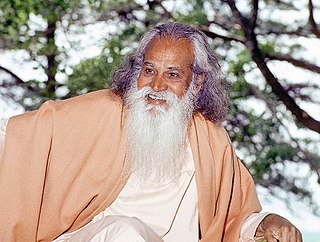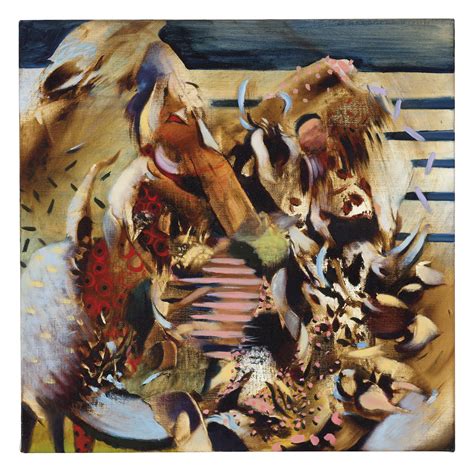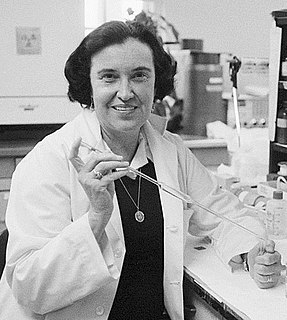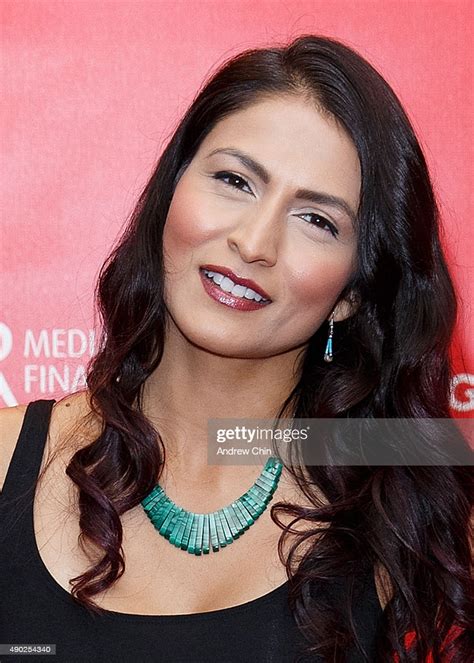A Quote by Maryanne Wolf
We human beings were never born to read; we invented reading and then had to teach it to every new generation. Each new reader comes to reading with a 'fresh' brain - one that is programmed to speak, see, and think, but not to read.
Related Quotes
No one can teach writing, but classes may stimulate the urge to write. If you are born a writer, you will inevitably and helplessly write. A born writer has self-knowledge. Read, read, read. And if you are a fiction writer, don't confine yourself to reading fiction. Every writer is first a wide reader.
No one can teach writing, but classes may stimulate the urge to write. If you are born a writer, you will inevitably and helplessly write. A born writer has self-knowledge. Read, read, read. And if you are a fiction writer, dont confine yourself to reading fiction. Every writer is first a wide reader.
We don’t exhaust the Bible even after reading it hundreds of times. Each time we read it we see it in a new light. That is the greatness of the holy scriptures. They are that way because they were created by holy prophets who experienced the truth. Each time we read these works we elevate ourselves to see a little more. (81)
I think the act of reading imbues the reader with a sensitivity toward the outside world that people who don't read can sometimes lack. I know it seems like a contradiction in terms; after all reading is such a solitary, internalizing act that it appears to represent a disengagement from day-to-day life. But reading, and particularly the reading of fiction, encourages us to view the world in new and challenging ways...It allows us to inhabit the consciousness of another which is a precursor to empathy, and empathy is, for me, one of the marks of a decent human being.
Think about the way you go surfing on the Internet - you go from one thing to another. You can't really concentrate. I can't sit and read 10 pages on my computer. You'll read and then all of a sudden part of your brain is like, "What about that? ...You're not reading the whole book. You're reading fragments. Even though I think it's bad, I think it's interesting too, because that's the way my brain works.
I suppose that it was inevitable that my word-base broadened. I could now for the first time pick up a book and read and now begin to understand what the book was saying. Anyone who has read a great deal can imagine the new world that opened. Let me tell you something: from then until I left that prison, in every free moment I had, if I was not reading in the library, I was reading in my bunk. You couldn’t have gotten me out of my books with a wedge...Months passed without my even thinking about being imprisoned. In fact, up to then, I never had been so truly free in my life.
I learned to write from reading. I had no writing classes. It's part of my thinking as the writer-author, reading, but then I also want to bring this into my characters, who also read and think. There's that great quote from Virginia Woolf - it's very simple: "...books continue each other." I think when you're a writer, you're also, hopefully, a reader, and you're bringing those earlier works into your work.
Have you ever found your heart's desire and then lost it? I had seen myself, a portrait of myself as a reader. My childhood: days home sick from school reading Nancy Drew, forbidden books read secretively late at night. Teenage years reading -trying to read- books I'd heard were important, Naked Lunch, and The Fountainhead, Ulysses and Women in Love... It was as though I had dreamt the perfect lover, who vanished as I woke, leaving me pining and surly.
Most of Emily's backstory is written out between New Moon and Eclipse. I'm reading them as we're shooting the films. I haven't read Breaking Dawn yet. It's just too crazy. There's too much going on that you need a map. I just try to focus on one movie at a time. When we were doing New Moon press, people were already asking about Eclipse. I didn't read it until I was ready to go, so that it was fresh and I wasn't jumbled with all this other stuff.



































